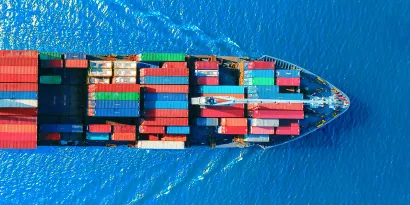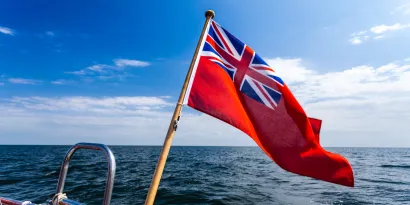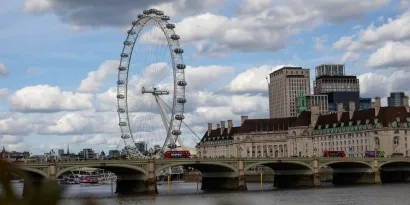Carbon monoxide is a big danger on vessels – it is a risk onboard any vessel, large or small.
Any seafarer could fall victim if safe working practices aren’t observed.
It is currently a requirement that detectors are fitted where open flame cooking or heating appliances are installed in, or adjacent to, accommodation spaces. The recommendation is that alarms are installed that are audible with doors closed, machinery running and in all weather and operational conditions.
It is a danger a lot of vessel owners do not consider, and it is known as the silent killer.
What is it?
Carbon monoxide is produced when fossil fuels burn without enough oxygen. An important source of exposure to carbon monoxide is from cooking or other fuel burning appliances which are poorly installed, faulty or used inappropriately, including inadequate ventilation. This can be a particular risk on vessels as inadequate ventilation can be a challenge as can vessels that have engines with poor combustion.
Regulations on enclosed spaces
The Merchant Shipping and Fishing Vessels (Entry into Enclosed Spaces) Regulations 2022 are now fully in force, having been activated in stages to allow time for ship owners to comply.
The changes replaced previous legislation, requiring ships to protect workers from the risks of entry into enclosed spaces through measures such as regular safety drills and providing atmosphere testing equipment.
As of 14 May 2023, all vessels must comply with the updated legislation that looks to better protect seafarers by going further than that currently required under international maritime law.
Enclosed spaces include chain lockers, cargo holds, duct keels and water tanks – or any area that has been left closed for any length of time without ventilation.
Recent example of a carbon monoxide crisis averted
Surveyors recently took the decision to detain a vessel after their personal gas detectors activated for carbon monoxide in the engine room.
Two surveyors attended and made the ultimate decision to prevent the vessel from sailing until corrective measures had been taken, to ensure the safety of the single, clearly fatigued crew member on board.
The Survey and Inspection Team had become aware of the vessel by HM Coastguard, who twice responded to calls for help before coordinating the vessel being towed to port.
Following an inspection of the vessel, it was detained under the Merchant Shipping Act for safety, as well as more general welfare, concerns.
-
Share


